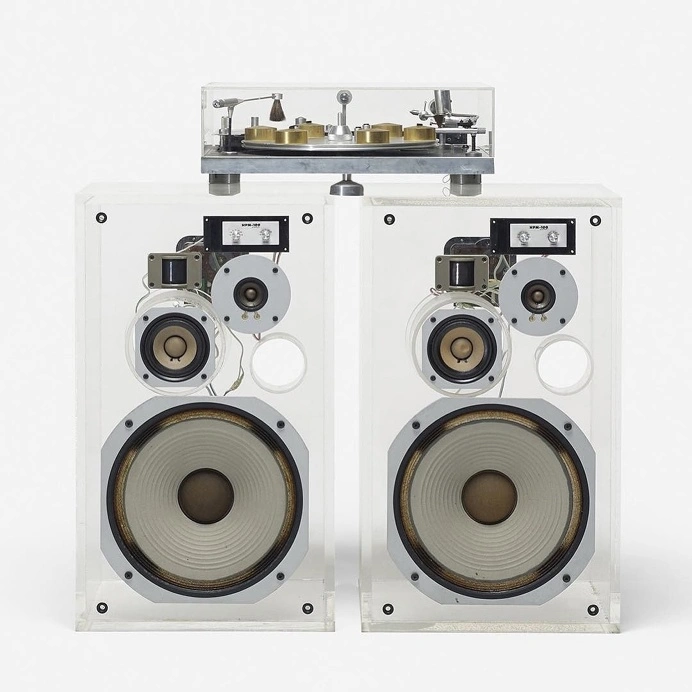Master the Art of Music Licensing: A Specialist’s Guide
As the music industry continues to evolve, so does the role of a music licensing specialist. This profession has become increasingly important in recent years, as more and more companies seek to use music in their advertising, film, television, and video game projects. A music licensing specialist is responsible for securing the rights to use music in these various media forms, negotiating fees, and ensuring that all legal requirements are met. In this article, we will explore the world of music licensing specialists, including their job responsibilities, skills required, and educational and career opportunities.
Job Responsibilities of a Music Licensing Specialist
The primary job responsibility of a music licensing specialist is to obtain the rights to use music in a project. This involves researching and identifying potential songs, negotiating fees with the appropriate parties, and ensuring that all legal requirements are met. In addition to securing the rights to use music, a music licensing specialist may also be responsible for creating and maintaining relationships with music publishers, record labels, and other industry professionals.
Skills Required for a Music Licensing Specialist
To be a successful music licensing specialist, there are several key skills that are required. First and foremost, a music licensing specialist must have a deep knowledge of the music industry, including trends, licensing laws, and industry contacts. They must also have excellent communication and negotiation skills, as they will be working with a variety of individuals and companies to secure the rights to use music. Other important skills include attention to detail, organization, and the ability to work well under pressure.
Education and Career Opportunities for Music Licensing Specialists
While there is no specific educational requirement for becoming a music licensing specialist, a bachelor’s degree in music business, entertainment law, or a related field can be beneficial. Additionally, many music licensing specialists gain experience by working in the music industry in other capacities, such as music publishing, record labels, or artist management.
Career opportunities for music licensing specialists are available in a variety of industries, including advertising, film, television, and video games. Salaries for music licensing specialists can vary widely, depending on the industry and location. According to Glassdoor, the average salary for a music licensing specialist in the United States is around $60,000 per year.
Key Takeaways
- A music licensing specialist plays a critical role in the music industry, ensuring that music is used legally and ethically in a variety of media forms.
- To be successful in this field, one must have a deep knowledge of the music industry, excellent communication and negotiation skills, and attention to detail.
- While there is no specific educational requirement for becoming a music licensing specialist, a bachelor’s degree in a related field can be beneficial.
- For those interested in pursuing a career in music licensing, NYU x Billboard | Music Industry Essentials is an online course and certificate program that provides a comprehensive overview of the music industry, including licensing and copyright law.








